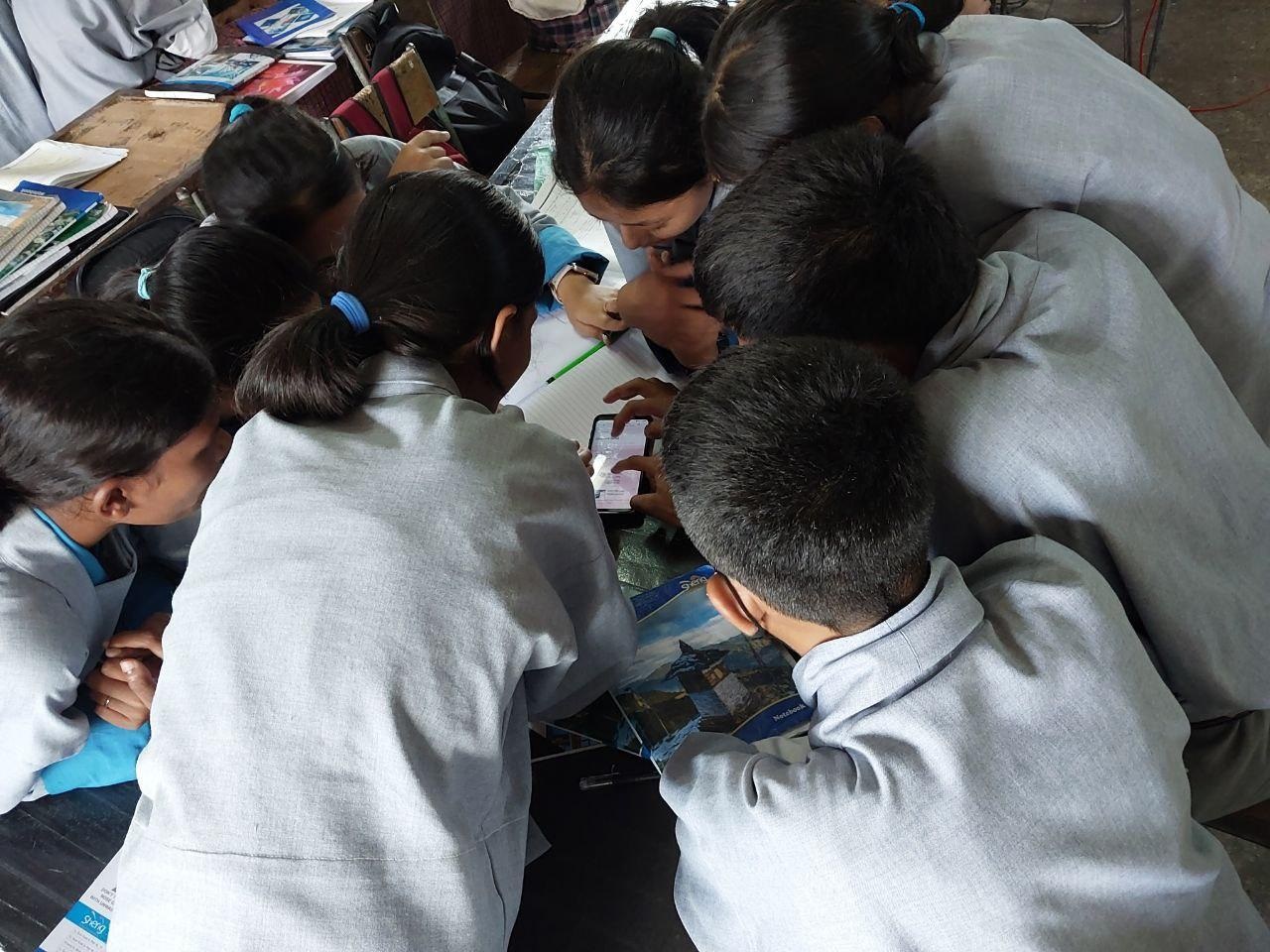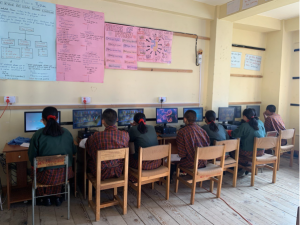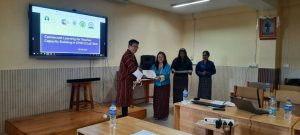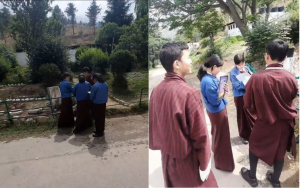I am Norbu Gyeltshen, a biology teacher from Peljorling Higher Secondary School, Samtse, Bhutan. I am incredibly fortunate to have been selected as one of the participating teachers in the CL4STEM project. This initiative, which is being piloted in three countries—Bhutan, Nigeria, and Tanzania—aims to support the professional development of science and mathematics teachers. Recognizing the pivotal role that science education plays in nation-building, it is imperative that STEM educators are equipped with the latest pedagogical techniques and information and communication technology (ICT) tools to empower our learners with scientific knowledge and skills. The CL4STEM project is particularly timely, as it coincides with a significant reform in the Bhutanese Education System.
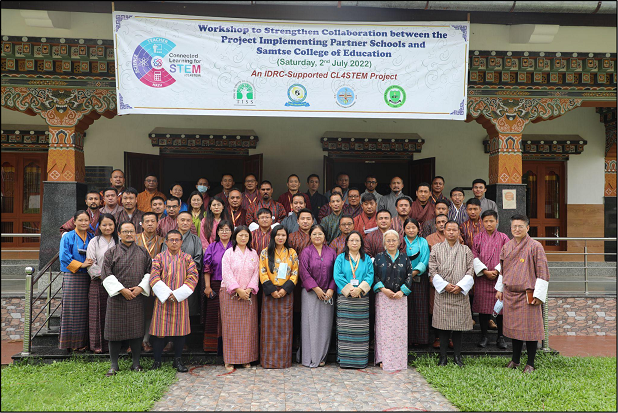
As the project’s name suggests, “Connected Learning for Teacher Capacity Building in STEM,” it is evident that this endeavor seeks to bring together STEM knowledge and pedagogical innovations from different countries to enhance the professional development of educators across the participating nations. As one of the participants, my primary goal was to discover ways and means to make science learning not only accessible but also appealing to our students. Given the opportunity, I aspire to break the stereotype that some of our students have towards science and inspire them to become genuine enthusiasts of STEM subjects.
Having completed the three modules in Biology I have come to realize that science education can be both interactive and enjoyable. The subject matter can be made easily digestible through the incorporation of ICT as a teaching and learning tool. Additionally, the diverse methods of presenting content have facilitated my understanding of complex concepts and dispelled misconceptions I had held over time. Moreover, the project has illustrated how technology can be seamlessly integrated with content delivery, making concepts clear, engaging, and interactive for learners.
The CL4STEM project has imparted numerous lessons, but perhaps the most enlightening aspect has been the integration of ICT into content delivery. For example, I have integrated relevant interactive videos and shown them to students as a means of representing content in multiple ways. Furthermore, students actively participated in polls, answered short questions, provided their opinions, and shared their key takeaways from each part of the lesson using apps like Poll Everywhere and Mentimeter. Additionally, I have made videos and virtual simulations interactive to help students grasp the concepts more effectively.
On another note, encouraging students to learn through various methods and means has been another key takeaway. To put this into practice, I have encouraged each student to explore different information sources, such as the internet, reference books, expert advice, and personal experiences. Students have engaged in discussions, critiqued each other’s ideas, solved problems, designed models, and presented their work to validate their learning. This approach aligns with the nature of scientific learning, which involves measurement, observation, experimentation, and argumentation.
The CL4STEM Open Educational Resources (OERs) developed by Samtse College of Education, led by Bhutanese teacher educators as part of the CL4STEM project, were highly relevant resources that every STEM teacher should consider attending for continuous professional development. However, in order to reap the greatest benefits from OERs, access to facilities such as uninterruptible internet connections, a sufficient number of computers, laptops, projectors, or mobile phones, and a solid understanding of how to integrate ICT into lessons is required. Given the current state of ICT infrastructure availability in schools, sometimes it is difficult to carry out planned lessons. Nevertheless, this course has had a profound impact on me across three domains: cognitive, psychomotor, and affective. I eagerly look forward to attending such courses in the near future, not only for my professional growth but also for the benefit of my students, who are destined to become the future leaders and custodians of our country.

